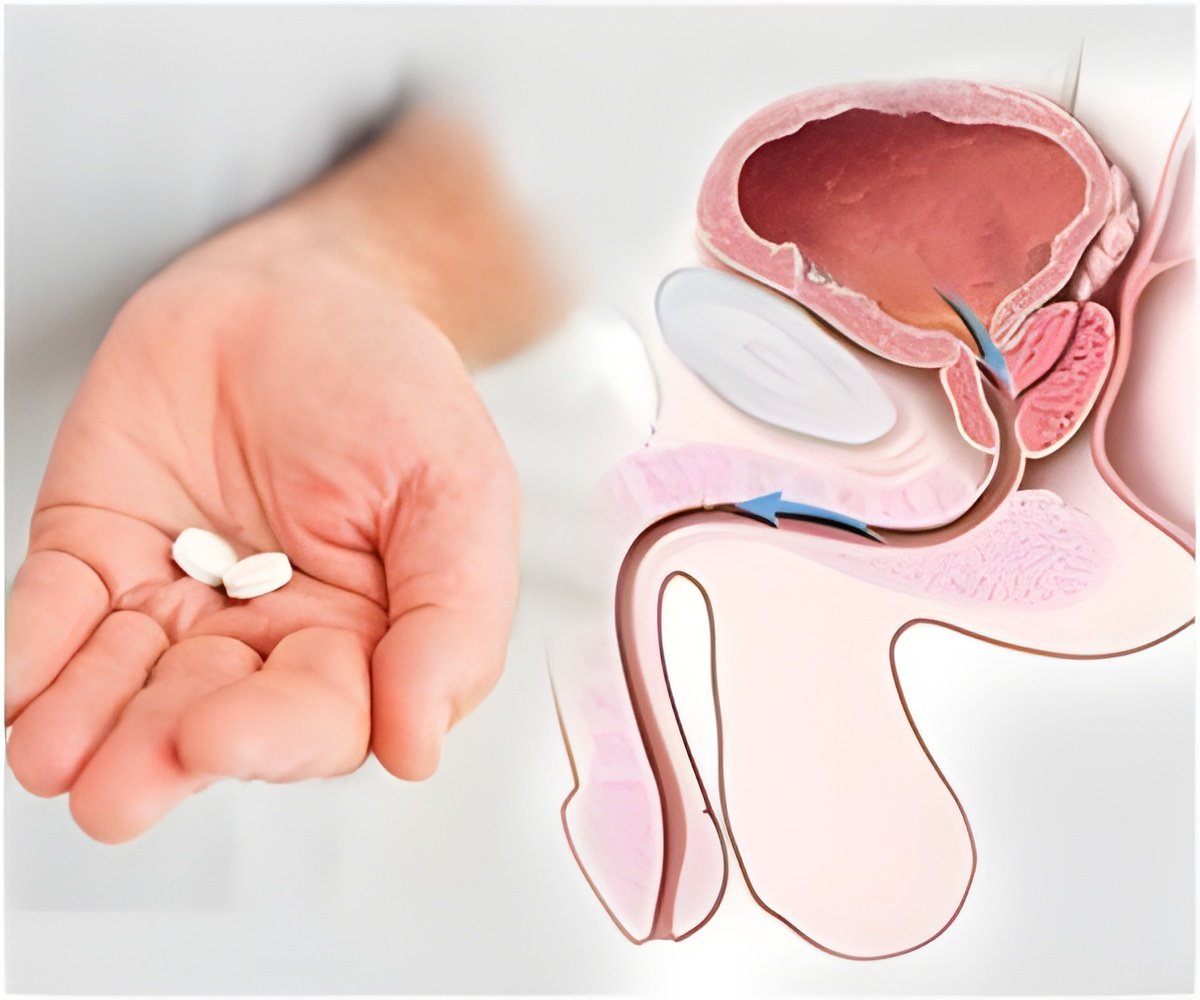A drug that inhibits androgen biosynthesis has been found to drastically reduce the risk of death in men with metastatic or advanced or Metastatic prostate cancer.

The prostate is a small, walnut-sized structure and is a part of the male reproductive system. Prostate cancer is the leading cause of death in older men in the world and it is the third most common cause of death from cancer in men of all ages. When recognised early its treatment with radical prostatectomy yields good long term results. However many patient present late and by this time the disease is already advanced. Men with such advanced and metastatic prostate cancer (CRPC) have few treatment options. Metastatic prostate cancer patients are treated with drugs to reduce testosterone levels, surgery to remove the testes, or chemotherapy. They respond initially well to such treatments but soon they become resistant to such treatment.
A recent multicenter study showed that treatment with the drug Abiraterone acetate (ZYTIGA) in combination with prednisone (anti-inflammatory drug) bring about a significant improvement in overall survival. The study titled "Abiraterone and Increased Survival in Metastatic Prostate Cancer," was published in the May 26 issue of the New England Journal of Medicine, a leading medical journal.
Androgens are male sex hormones responsible for typical male sexual characteristics. In prostate cancer, androgens may promote the tumour's growth. The tumor tissue acts as an additional source of androgens in patients with prostate cancer.
Abiraterone acetate is an oral androgen biosynthesis inhibitor. It inhibits specific enzyme complexes required for androgen synthesis.
The finding is of great significance since it adds hope for patients who are otherwise out of treatment options.
Source-Medindia





![Prostate Specific Antigen [PSA] Prostate Specific Antigen [PSA]](https://www.medindia.net/images/common/patientinfo/120_100/prostate-specific-antigen.jpg)







